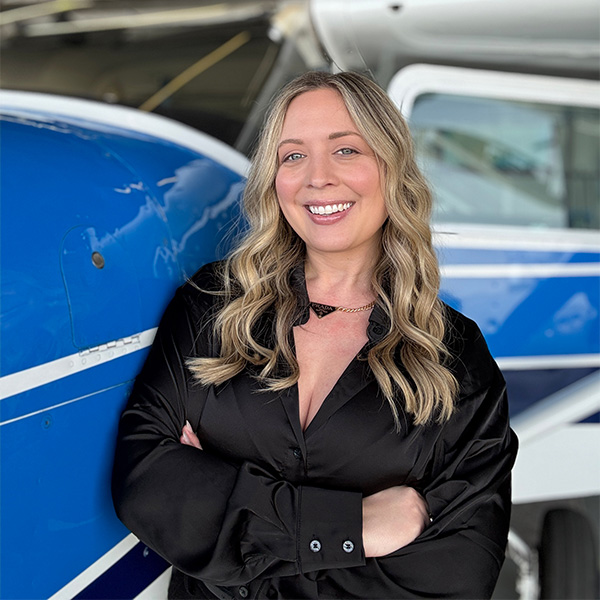Zipline gets FAA Part 135 certification
Company unveils onboard acoustic detect-and-avoid platform
Drone delivery company Zipline announced it has received FAA Part 135 air carrier certification and is now cleared to operate long-range, on-demand commercial drone deliveries in the United States.
San Francisco-based Zipline has already flown more than 23 million autonomous miles, most of those miles flown beyond the operator's line of sight, and logged more than 325,000 commercial deliveries. Zipline launched its drone delivery operations in Africa, though the company has worked with North Carolina state officials to conduct deliveries between health care facilities.
The new certification allows Zipline to continue flights previously conducted under a waiver. The company will dispatch its drones to fly routes up to 26 miles roundtrip out of Zipline's Kannapolis, North Carolina, hub. Some of these flights will take place in Class D airspace. Zipline called its service “the most complex in the U.S.” and said it “is authorized to fly over people in controlled airspace and beyond visual line of sight.”
The company is currently working with “Walmart in the U.S., with Toyota Tsusho Corporation in Japan and at national scale in Rwanda and Ghana, where it serves more than 2,000 health care facilities.”
Zipline’s announcement followed recent news from one of its chief rivals, online retail giant Amazon, which stated intent to begin drone delivery in a California community, though Amazon Prime Air has fallen far behind its own ambitious timelines stated in recent years.
“Zipline’s sustainable instant delivery system is transforming healthcare and retail,” said Keller Rinaudo, Zipline cofounder and CEO. “Today, on average, Zipline makes a delivery every four minutes—ensuring people get access to the products they need, the moment they need them. With our part [Part] 135 certification, and in close collaboration with our partners and the FAA, we are one step closer to making safe, clean and quiet instant delivery a reality for communities across the U.S.”
Zipline said, “The company has delivered over one million COVID-19 vaccines in Ghana, launched delivery of thousands of retail products in partnership with Walmart and fresh food delivery in Arkansas, begun operations in Nigeria as well as with Toyota Tsusho Corporation in Japan, announced entry into Ivory Coast and Kenya and expanded operations in Rwanda to become the world’s first 24/7 instant logistics service.” The company also plans to expand its delivery services to Utah “with its partner Intermountain Healthcare later this year.”
The risk of collision between the autonomous drones and other aircraft is mitigated in part by confining Zipline's operations to defined (and relatively small) geographic areas, though the company has also developed onboard systems said to allow its drones to detect other aircraft and automatically maneuver to avoid them.
In early June, Zipline announced that its drones will use a new, acoustic-based detect-and-avoid (DAA) system, which allows its aircraft to identify (by sound) air traffic up to 2 miles away. The Zipline drone then adjusts its flight path to avoid collision. Keenan Wyrobek, Zipline cofounder and chief technology officer, said, “Our DAA system is the holy grail for drone technology. We’ve created a system that is agile enough to operate with the finest of margins, and can think for itself and adjust in real-time. DAA is the result of years of development and hundreds of thousands of flight hours. It’s an elegant answer to the challenges of flying beyond the visual line of sight in the United States not in 10 years—but today.”




